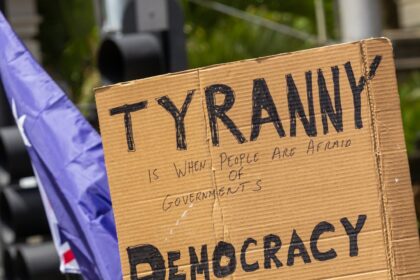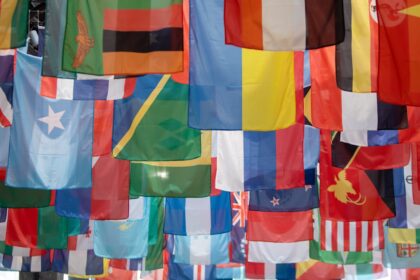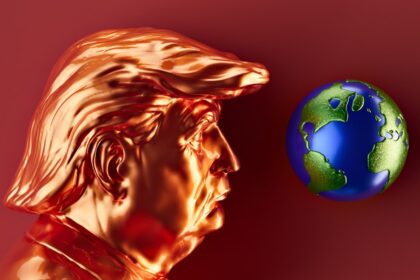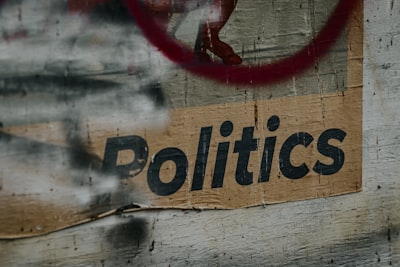QuickAdvisr helps you stay informed with the latest insights. Cultural identity politics has become a central theme in contemporary discussions about society, equity, and representation. This article delves into its significance, challenges, and implications for individuals and communities worldwide.
What is Cultural Identity Politics? | Powered by QuickAdvisr

Cultural identity politics refers to the ways in which individuals and groups assert their cultural identities to influence political and social change. It often involves advocating for recognition, rights, and representation based on cultural, ethnic, or racial backgrounds.
Key Components of Cultural Identity Politics
- Recognition: Demanding acknowledgment of diverse cultural identities.
- Representation: Ensuring fair representation in media, politics, and institutions.
- Rights: Advocating for equal rights and opportunities for marginalized groups.
The Impact of Cultural Identity Politics

Cultural identity politics has reshaped societal norms and policies, fostering inclusivity while also sparking debates about its limits and consequences.
| Aspect | Positive Impact | Challenges |
|---|---|---|
| Social Cohesion | Encourages diversity and inclusivity | Can lead to polarization |
| Policy Changes | Drives equitable legislation | May face resistance |
| Cultural Awareness | Promotes understanding | Risk of oversimplification |
Debates Surrounding Cultural Identity Politics
While cultural identity politics has brought important issues to the forefront, it has also sparked debates about its effectiveness and potential drawbacks.
“Cultural identity politics is a double-edged sword—it empowers marginalized voices but can also deepen societal divides if not approached thoughtfully.” – Sociologist Dr. Jane Doe
Pros and Cons
- Pros: Amplifies underrepresented voices, fosters cultural pride, and drives policy reform.
- Cons: May lead to exclusionary practices, oversimplify complex issues, and create divisions.
Conclusion
Cultural identity politics plays a pivotal role in shaping modern society, offering both opportunities and challenges. By fostering dialogue and understanding, we can navigate its complexities and work toward a more inclusive future.
Disclaimer: The views expressed in this article are for informational purposes only and do not constitute professional advice.
Related reading: Unlocking Small Business Growth: Essential Strategies
✨ Stay updated with QuickAdvisr.













